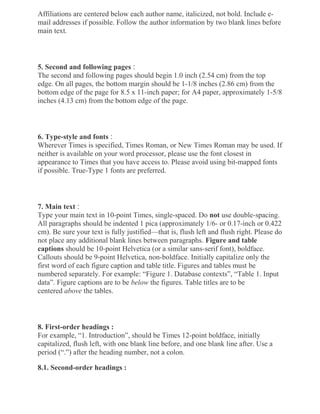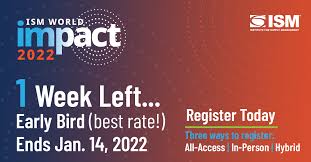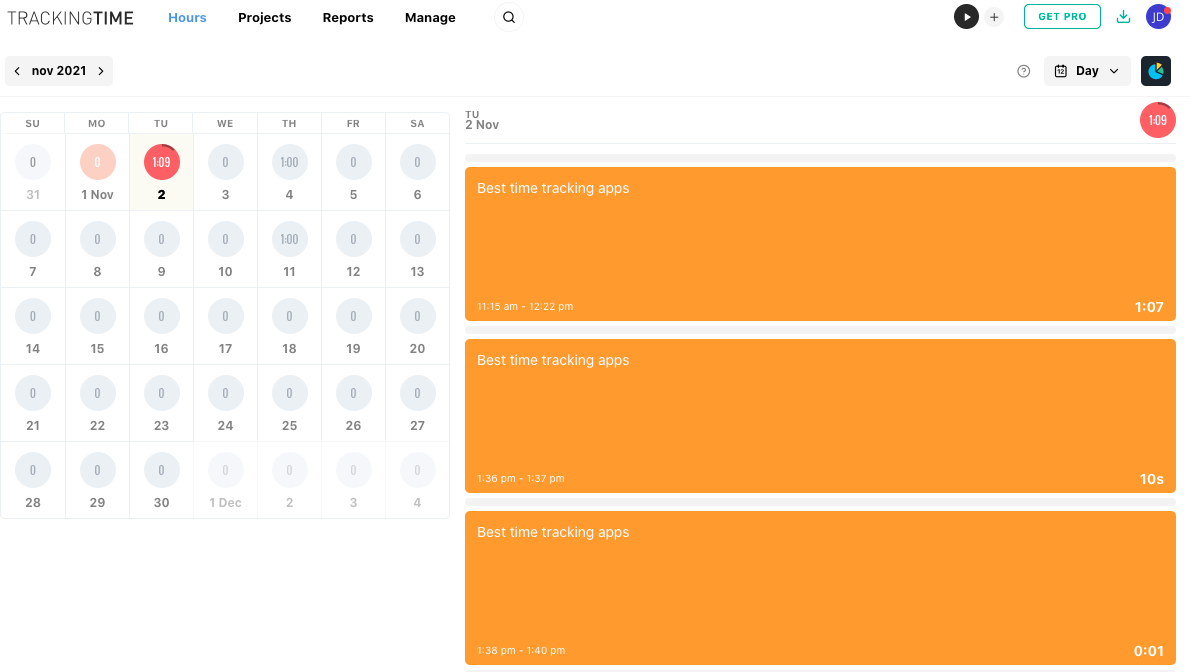
Waste Management Auburn Washington offers an On-Demand collection option. If you don't have your own vehicle and live in the city you can get rid of your trash when you need it. The program has two key points to remember: rate increases and how WM will become the sole hauler for solid waste within the city.
On-Demand collection program in waste management auburn washington
On-Demand collection is a fast and convenient way for businesses and residents to get rid of trash and recycle. The program is offered by PCA Product Stewardship Inc., a nonprofit organization specializing in environmental sustainability. Its purpose is to reduce waste and increase recycling within our community. The program is funded by a $0.25 Environmental Handling Charge that is added to the price of lights containing mercury. This fee pays for program promotion and administration.

Rate increases
Rate increases for waste management in Auburn Washington are due to increase the cost of service. The current rates are too low to cover the actual costs of the service. Residential and commercial customers will be affected by the new rates. The residential rate will rise from 29 to 48 percent. Residents who have a 35-gallon waste container will see a $7.45 increase per month while those who have a 45 gallon container will see an $8.30 rise per month.
The Washington Department of Ecology reports that the city received 3.42 pounds of recycled material per capita in 2013. This number is expected rise by 1 percent per annum.
WM (formerly Waste Management), the only hauler who will collect solid waste from Auburn,
WM (formerly Waste Management), offers residential trash, recycling and food scraps collection. Each week, collection takes place on a set schedule. Yard waste and food scraps need to be placed in Kraft papers bags or containers marked "X". Residents can place up to six bags/containers each week during the collection season (April-November).

Auburn residents and businesses can recycle their recyclables at the South Recycling Center at 2101 SE Hamblen Rd. KC Dumpster Company currently manages the South Recycling Center. The Missouri Department of Natural Resources provided funding for the City to purchase recycling bins from the Mid-America Regional Council-Solid Waste Management District.
FAQ
What is the difference between management and leadership?
Leadership is about inspiring others. Management is about controlling others.
A leader inspires his followers while a manager directs the workers.
A leader inspires others to succeed, while a manager helps workers stay on task.
A leader develops people; a manager manages people.
What is the difference between project and program?
A project is temporary, while a program lasts forever.
Projects usually have a goal and a deadline.
It is usually done by a group that reports back to another person.
A program will usually have a set number of goals and objectives.
It is often done by one person.
What is the meaning of "project management?"
This refers to managing all activities that are involved in a project's execution.
These include planning the scope and identifying the needs, creating the budget, organizing the team, scheduling the work and monitoring progress. Finally, we close down the project.
What are management principles?
Management concepts are the practices and principles managers use to manage people or resources. These include topics such as human resource policies and job descriptions, performance assessments, training programs and employee motivation.
What are the five management process?
Planning, execution, monitoring and review are the five stages of any business.
Setting goals for the future is part of planning. It involves setting goals and making plans.
Execution occurs when you actually carry out the plans. It is important to ensure that everyone follows the plans.
Monitoring is the process of evaluating your progress toward achieving your objectives. Regular reviews of performance against targets, budgets, and other goals should be part.
At the end of every year, reviews take place. These reviews allow you to evaluate whether the year was successful. If not, it is possible to make improvements for next year.
After the annual review, evaluation takes place. It helps identify what worked well and what didn't. It provides feedback about how people perform.
What are the most important management skills?
Business owners need to have management skills, no matter how small or large they may be. These skills include the ability manage people, finances and resources as well as other factors.
These skills are necessary for setting goals and objectives as well as planning strategies, leading groups, motivating employees and solving problems.
As you can see there is no end to the number of managerial tasks.
Statistics
- As of 2020, personal bankers or tellers make an average of $32,620 per year, according to the BLS. (wgu.edu)
- Your choice in Step 5 may very likely be the same or similar to the alternative you placed at the top of your list at the end of Step 4. (umassd.edu)
- This field is expected to grow about 7% by 2028, a bit faster than the national average for job growth. (wgu.edu)
- Our program is 100% engineered for your success. (online.uc.edu)
- UpCounsel accepts only the top 5 percent of lawyers on its site. (upcounsel.com)
External Links
How To
How can you create a Quality Management Plan, (QMP)?
QMP (Quality Management Plan), introduced in ISO 9001,2008, provides a systematic method for improving processes, products, or services through continuous improvement. It is about how to continually measure, analyze, control, improve, and maintain customer satisfaction.
The QMP is a standard method used to ensure good business performance. QMP improves production, service delivery, as well as customer relations. QMPs should cover all three dimensions - Products, Processes, and Services. A "Process" QMP is one that only includes one aspect. QMPs that focus on a Product/Service are known as "Product" QMPs. QMP stands for Customer Relationships.
There are two key elements to implementing a QMP: Strategy and Scope. These are the following:
Scope: This is the scope of the QMP and its duration. This will be used to define activities that are performed in the first six months of a QMP.
Strategy: This describes the steps taken towards achieving the goals set forth in the scope.
A typical QMP includes five phases: Design, Planning, Development and Implementation. Each phase is described below:
Planning: This stage determines the QMP goals and prioritizes them. To understand the expectations and requirements of all stakeholders, the project is consulted. After identifying the objectives, priorities, and stakeholder involvement, the next step is to develop the strategy for achieving these objectives.
Design: This stage is where the design team creates the vision, mission and strategies necessary for successful implementation of QMP. These strategies are implemented by the development of detailed plans and procedures.
Development: The development team is responsible for building the resources and capabilities necessary to implement the QMP effectively.
Implementation involves the actual implementation using the planned strategies.
Maintenance: This is an ongoing procedure to keep the QMP in good condition over time.
Additional items must be included in QMP.
Participation by Stakeholders is essential for the QMP's continued success. They must be involved in all phases of the QMP's development, planning, execution, maintenance, and design.
Project Initiation. It is important to understand the problem and the solution in order to initiate any project. In other words, they must understand the motivation for initiating the project and the expectations of the outcome.
Time Frame: The time frame of the QMP is very critical. You can use a simplified version if you are only going to be using the QMP for short periods. If you're looking to implement the QMP over a longer period of time, you may need more detailed versions.
Cost Estimation. Cost estimation is another crucial component of QMP. You can't plan without knowing how much money it will cost. It is therefore important to calculate the cost before you start the QMP.
The most important thing about a QMP is that it is not just a document but also a living document. It evolves as the company grows and changes. It should be reviewed regularly to ensure that it meets current needs.